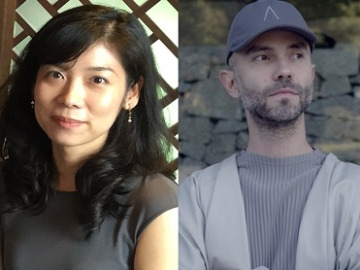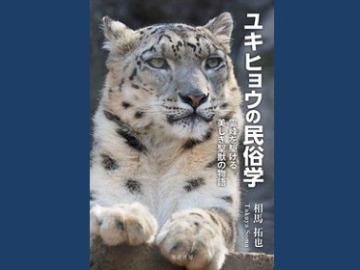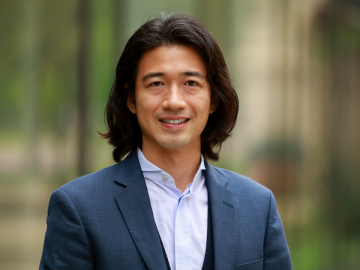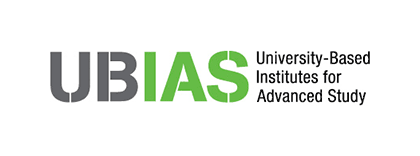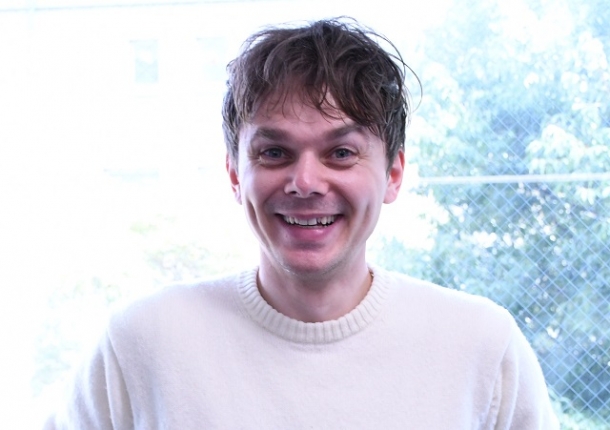
Decision theory
I work in a field called decision theory, a subfield of microeconomic theory. I study individual decision making, usually within a realm of decisions where things are quantifiable, and how decision makers incorporate preference for knowledge and information into their decision making. Decision theory develops mathematical models that are used both to describe human behavior as well as prescribe how to behave rationally. It’s pretty much like game theory, except that you focus on the individual.
This sometimes makes things easier because you don’t need to worry about interactions, and you can go into more depth. You can study individual decision making from two perspectives, normative and descriptive. I personally like the normative perspective, which asks: how should we optimally behave? And then there’s the descriptive perspective, which is about how people behave in practice. There are well-established studies that show that we deviate quite often from what we would consider optimal behavior. It’s interesting to study this issue from both sides.
In the past, I have studied freedom of choice. Given that I have some set of objects that I can choose from, how much freedom do I have, and how would I go about measuring it?
This of course links to philosophy and political science in the sense that we would want to increase people’s freedom of choice — or would we actually want to? That’s a normative question. But even if we agree that we would want to increase freedom of choice, how would we go about doing this? Do we just give more options or is there something more to it?
Following my interests
Overall, I usually study what mathematically fascinates me. So if I find some sort of interesting mathematical structure in human behavior or in some sort of normative issue, I like to tinker around with the mathematics and see how can we actually model an individual’s behavior in that context.
Specifically, I’ve recently done quite a bit of work on information choice — how do we choose information? I find that the most fascinating aspect because there has been a very large shift in the availability of data. Every time I purchase a single item on Amazon, I probably Google 10 or 20 times to find out which products are good, which products suit me. So I make a lot more information choices than I make actual consumption choices. The traditional basis of decision theory of economics, microeconomics, has been product decisions. For studies of consumption purchases, we actually don’t have as much data nowadays as we have for information choice, because people just regularly engage in information choice. That has been the field that I’ve been looking at over the last years, very interested in and actively working on.
How do we identify what knowledge a decision maker is interested in, how do we measure the value of information, and how does the value of flexibility and information interact? Answering these questions may allow us to better predict human behavior in decisions under uncertainty and to optimize our economic institutions to better suit decision makers.
Guided by math
Going forward, I really want to push the idea of information choice — that is what I’m most excited about. That is also where I see the most potential, simply because it is just something that has been less studied and where there would be a lot of potential for empirical applications. For example, there would be a lot of interest from industry, such as search engines, retail, advertising and so on, but I’m working at the very theoretical end. Each of my research papers is getting a little bit closer to the point that I might one day be able to go to Google and tell them, “Look, here’s a cool model,” but I don’t think I’m there yet.
I’m always guided by the mathematics, and that’s where my specialization lies. But I think we always need to connect to the real world. We always need to find some way to apply these models. And if there’s a gap here — not enough models for these types of choices — then that’s a very exciting prospect.
Japan experience
I’m really enjoying Japan, and I love the experience at Waseda and WIAS.
I came here by a rather roundabout route, after working in California and Taiwan. One of my colleagues in Taiwan came to Waseda University, and then I gave an online talk at Waseda at one point, and I was very impressed by the seminar. Everyone had read the paper, commented and discussed a lot, and I went out of the talk with a very good feeling. I found the atmosphere in the research seminar very appealing. So when my contract in Taiwan was about to finish, WIAS seemed like an attractive choice.
People here get really involved and they are critical, but also interested. The spirit in the seminars is just great.
Coverage/Constitution: Robert Cameron
Cooperation: Graduate School of Political Science, Waseda University, J-School


